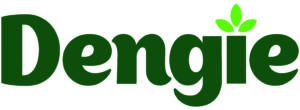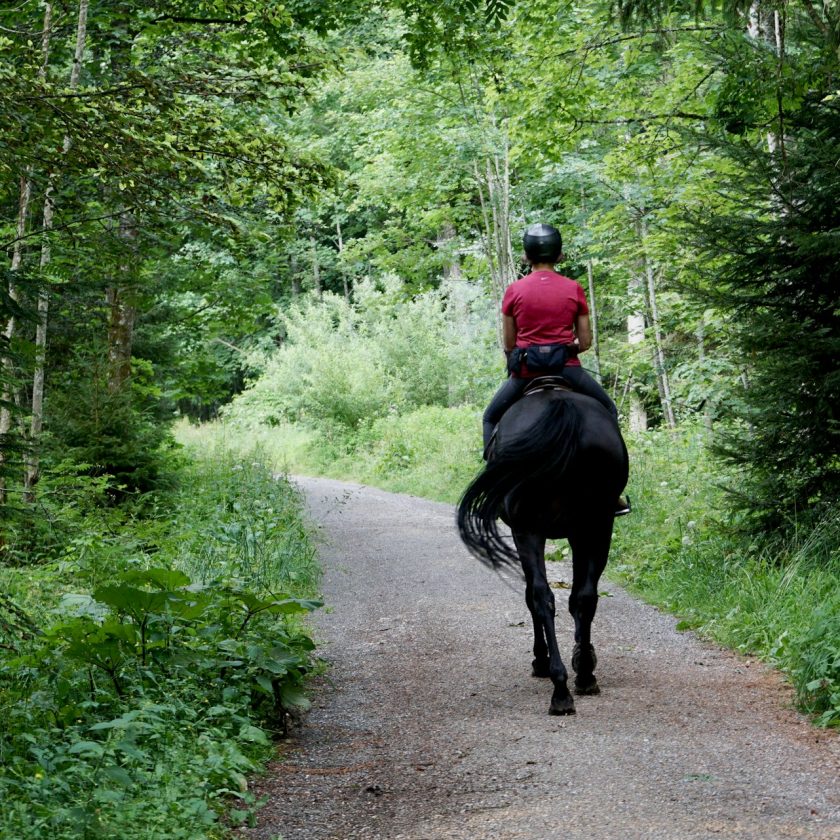Summer Feeding Advice for the Working Horse
Summer Feeding Advice for the Working Horse with Dengie
Summer feeding regimes can be tricky to get right. Sunny weather, lighter evenings and busy competition schedules mean that our horses and ponies may find their workloads and turnout hours increasing, but more time in the field will increase the risk of overindulgence on lush green pasture. Luckily, Dengie are here to help. In part two of this series, we look at feeding working horses and ponies with increased nutritional requirements.
Upping the Energy
Our working horses and ponies may find their summer calendars filled with events and competitions. It is important that these horses are fed a diet that provides enough energy for the intense activity that they are undertaking during training and competition and that the energy comes from appropriate sources. The general rule is to increase your horse’s work before increasing energy intake, but if you are starting to find that your horse needs a bit more of a boost then there are things that you can do.
It is important that these horses are fed a diet that provides enough energy for the intense activity that they are undertaking during training and competition and that the energy comes from appropriate sources.
Traditionally, cereals are used to increase the energy intake of working horses, but these are not something that our horses are naturally designed to eat and can therefore cause problems. Overfeeding cereals increases the risk of gastric ulcers and colic and the high levels of starch that they contain can also promote fizzy, unpredictable behaviour.
Choose Fibre and Oil
 By comparison, feeds that are based on fibre are great sources of slow-release energy. In fact, a pure alfalfa feed such as Dengie Alfa-A Original contains as much energy as a cool mix – 10MJ/kg – but contains around ten times less starch, making it much better for the horse’s digestive system. When you add oil to an alfalfa feed, this energy level further increases as oil is very energy-dense and therefore helps to promote condition. Dengie Alfa-A Oil has the same energy level – 12.5MJ/kg – as a competition or conditioning mix or cube but with much lower levels of starch than a cereal-based feed. Because the energy provided is slow-release, it is ideal for improving stamina and endurance.
By comparison, feeds that are based on fibre are great sources of slow-release energy. In fact, a pure alfalfa feed such as Dengie Alfa-A Original contains as much energy as a cool mix – 10MJ/kg – but contains around ten times less starch, making it much better for the horse’s digestive system. When you add oil to an alfalfa feed, this energy level further increases as oil is very energy-dense and therefore helps to promote condition. Dengie Alfa-A Oil has the same energy level – 12.5MJ/kg – as a competition or conditioning mix or cube but with much lower levels of starch than a cereal-based feed. Because the energy provided is slow-release, it is ideal for improving stamina and endurance.
Research has shown that horses fed on fibre and oil diets are typically less reactive to new situations and equipment and more consistent in their behaviour than those fed on a cereal-based diet of the same energy level.
Sweating It Out
Hot weather and increased activity can cause your horse or pony to sweat more than usual, resulting in a loss of electrolytes. These are essential salts that the body needs to be able to function properly, so any losses will have to be replaced – this can be done with the help of an electrolyte supplement. Both water and electrolytes are needed for rehydration, so adding the supplement to water is ideal. However, if your horse won’t drink then try adding the electrolytes to a wet, slushy feed. A soaked product like Dengie Alfa-Beet, which is a combination of sugar beet and alfalfa, is perfect for this as it will not only aid hydration but also provide a source of highly digestible fibre.
Balancing Act
In order for your horse to perform at his best, his diet needs to provide him with everything he needs and that includes vitamins and minerals. If you are feeding a straight feed or less than the recommended quantity of a complete feed, you should top up with a broad-spectrum vitamin and mineral supplement or balancer that is designed for horses in harder work. Good options would be Dengie Alfa-A Balancer or Dengie Performance Vits & Mins. Both of these include a full range of B vitamins, which are important for energy utilisation, and live yeast for optimal fibre digestion. Alfa-A Balancer also contains linseed, glucosamine, prebiotics and the herbs rosemary and thyme.
Case Study – Brook and Corey

Brook Howells and her Connemara x TB horse Corey, aka Templebrook Boy, compete up to BE Novice level and also take part in Riding Club dressage and showjumping competitions. Corey is fed a daily diet of six scoops (2.4kgs) of Alfa-A Original and three mugs of Alfa-A Balancer, split into two feeds across the day, and ad-lib haylage.
“Corey’s Dengie diet gives him energy to perform at his best and look fantastic without affecting his temperament,” says Brook.
Case Study – Hannah and Lenny

Warmblood Lenny, aka Leonidas III, is ridden by international dressage rider Hannah Esberger-Hancock and they compete up to Advanced Medium level. Lenny gets ad-lib hay or haylage and two feeds a day, each containing one scoop of Alfa-A Oil and two mugs of Alfa-A Balancer.
“I’ve fed Dengie to all my dressage horses for over twenty years,” says Hannah. “It provides the controlled energy and stamina needed for top-level dressage whilst keeping them in perfect condition. I wouldn’t feed anything else.”
Case Study – Lucy and Beano

Irish Sports Horse Beano, aka Bosun II, is ridden by international event rider Lucy Jackson and the pair made the step up to CCI4* level last year. Beano is fed a daily diet of two scoops of Alfa-A Original and the recommended quantity of Alfa-A Balancer.
“Dengie fibre is essential for all my horses,” says Lucy. “Alfalfa provides them with quality nutrients, energy and stamina, whilst promoting a healthy digestive system and enabling them to perform at their best.”
Ask the Experts
If you need some nutritional advice for your working horse or would like to know more about any of our products, don’t hesitate to contact the Dengie Feedline team on 0845 345 5115 or visit www.dengie.com, where you can chat live to a nutritionist.






